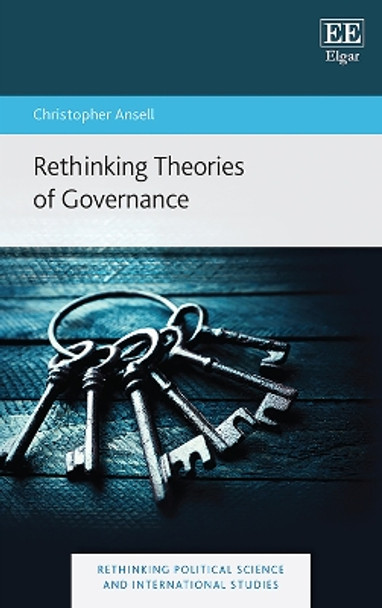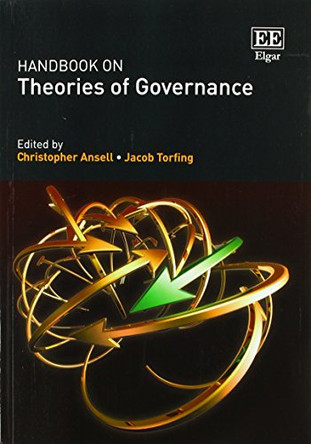Description
By arguing that useful theory tells us what to ask, not what to do, Christopher Ansell investigates what it means for a theory to be useful. Analysing how governance theories address a variety of specific challenges, chapters examine intractable public problems, weak government accountability, violent conflict, global gridlock, poverty and the unsustainable exploitation of our natural resources. Finding significant tensions between state- and society-centric perspectives on governance, the book concludes with a suggestion that we refocus our theories of governance on possibilities for state-society synergy. Governance theories of the future, Ansell argues, should also strive for a more fruitful dialogue between instrumental, critical and explanatory perspectives.
Examining both the conceptual and empirical basis of theories of governance, this comprehensive book will be an invigorating read for scholars and students in the fields of public administration, public policy and planning, development studies, political science and urban, environmental and global governance. By linking theories of governance to concrete societal challenges, it will also be of use to policymakers and practitioners concerned with these fields.
About the Author
Christopher Ansell, Professor of Political Science, University of California, Berkeley, US
Reviews
'Governance is now the mainstream of public administration and political science, and Chris Ansell's book combines theoretical insights and empirical findings to eloquently show why, what it is and what we have found so far in research about its effectiveness.' -- Erik Hans Klijn, Erasmus University, the Netherlands
Book Information
ISBN 9781035352722
Author Christopher Ansell
Format Paperback
Page Count 256
Imprint Edward Elgar Publishing Ltd
Publisher Edward Elgar Publishing Ltd









